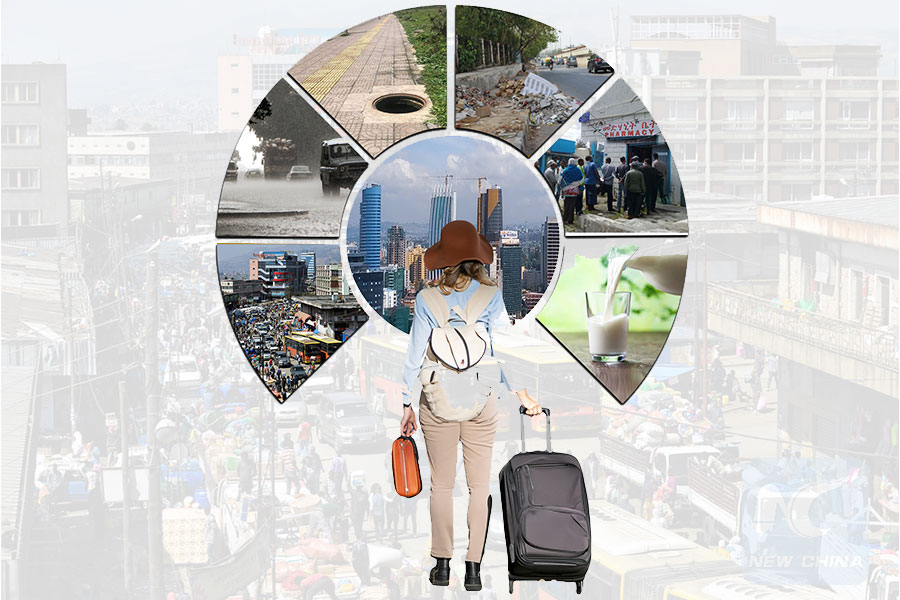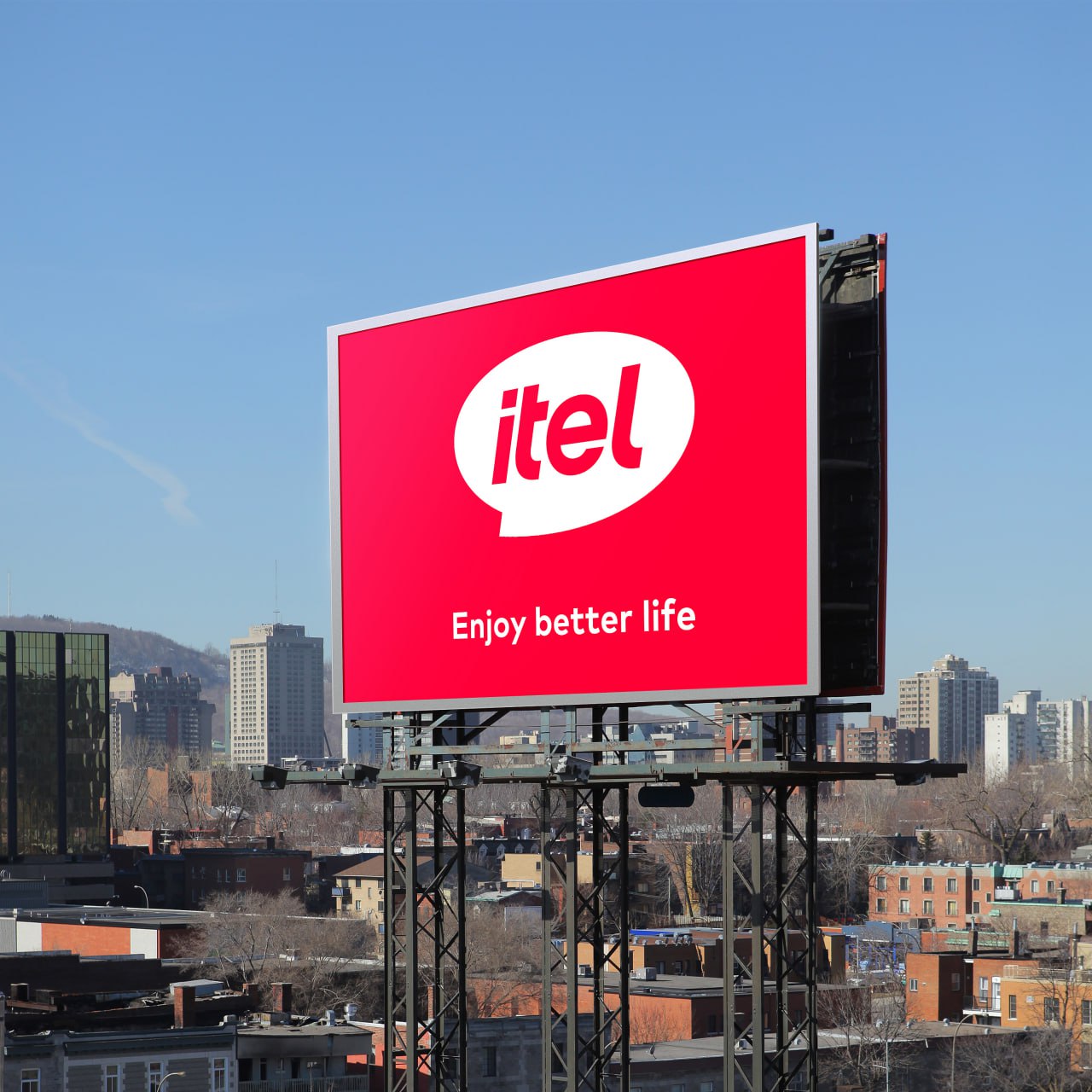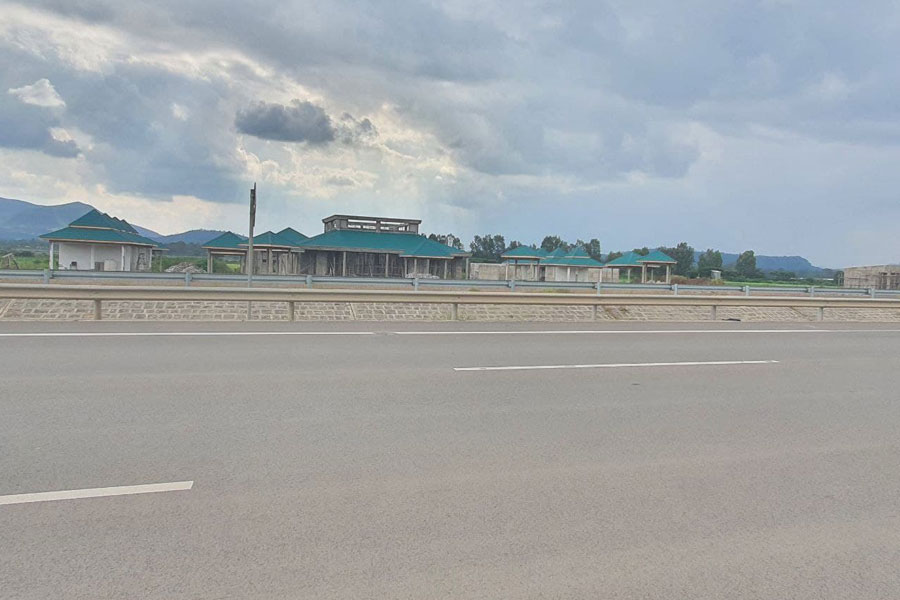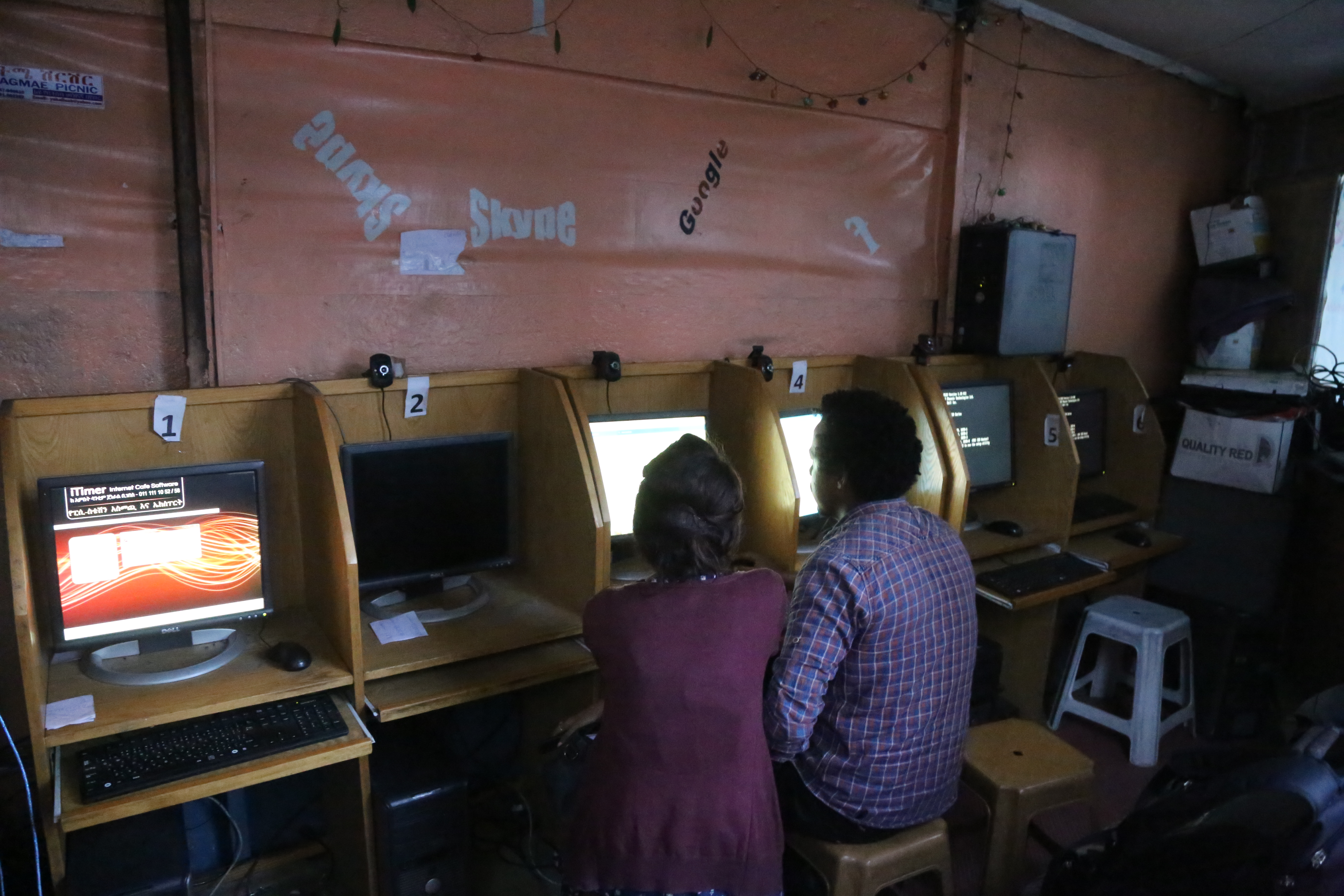
My car's tyre went flat one Saturday evening, forcing me to install an escort as service providers do not operate in the evening.
I had purchased the tyre from a roadside outlet on Bole Road, where services and repairs usually cost from 20 Br to 200 Br while tyre purchases go up to 3,000 Br.
The young men in their early 20s work on the streetside with a little more than inflation hoses, rubber mallets and unconventional test kits comprising a bottle of water infused with powder soap. Though seemingly bizarre, their methods effectively test for air leaks during inspections and are a lifeline for the motorists swarming the busy streets of Addis Abeba in case of an emergency.
The tyre appeared in good condition with impressive threads for better grip and longer service life. However, upon investigation the next morning, multiple patchworks exacerbated by wheel interaction made it irreparable.
It was unsavoury to make a 1,000 Br additional expense. Though I was tempted to confront the shop that sold me the tyre, it would be unlikely to get any compensation from a roadside transaction without any formalities.
Warranties and returns are not guaranteed in informal transactions, and one has to inspect the product thoroughly and be diligent before making a purchase.
Only a few outlets provide service round the clock. Considering the critical service they provide to motorists, they are used to being tipped and paid in denominations lower than the amount charged.
My recent incident demonstrates why repair services are essential. People should be able to access roadside outlets regardless of the time. This is especially important given the city's rapid growth and increasing traffic congestion.
Another crucial service is gas stations. Only a few operate round the clock, which causes unnecessary congestion and wasted time for motorists.
Some opt to refill their fuel tank first light. I usually go to the one near CMC Michael after watching a late evening movie at the GAST Mall next door. By the time the movie ends, the gas station is usually empty, making the process quick.
The gamble may not always work. Sometimes, queues can remain stubbornly long from dawn until the wee hours of the night. I remember waiting up to two hours on a couple of occasions, and many people have had to wait even longer.
The pandemonium ensued as both motorists and gas stations struggled to adapt to the new system when the payment mode at gas stations was changed from cash to digital serves as a recent phenomenon.
Factors beyond the control of motorists make selecting less busy hours to fill up the tank a wise and entirely feasible option.
These challenges make essential services that work round the clock crucial, particularly for a rapidly transitioning capital city.
Availing of basic amenities and services in a thriving sector that operates outside the typical hours would offer a better quality of life for city residents, contribute to job creation and boost the economy.
The 9:00am to 5:00pm work hours make the majority of residents commute simultaneously while longer work hours alleviate rush hour traffic congestion by allowing flexibility.
Case in point are the Asian megacities such as Bangkok and Hong Kong. It is not unusual to see convenience stores and food chains working round the clock while the street markets and retailers avail their services for a major portion of the day and transport services beyond midnight.
Meanwhile, the streets of Addis are eerily quiet after 9:00pm leaving only nightclubs and a few fast food outlets open late at night. The situation is heightened in the peripheries, turning to ghost towns where even hyenas roam freely on highways and neighbourhood alleys.
On weekends, especially Sundays, vital services come to a standstill, leaving residents scrambling to meet their needs. The streets are free of traffic, but it is a wild goose chase to find some services that we take for granted in ordinary circumstances.
A few weeks ago, I had to drive nearly 25Km from Ayat to the Lagare area just to find an open photo studio. My long drive was rewarded when I came across an old and long-standing photo studio that prided itself on its round-the-clock service.
Similarly, it is ironic that motorists in the city receive a traffic ticket and need to pay to retrieve their driver's license. While traffic police are on duty for most of the day, associated services such as banks and police stations are closed outside of regular business hours and on weekends.
This is despite the fact that traffic violations can occur and fines can be levied at any time of day, despite much of the frustration in settling the fines and retrieving the documents from stations.
Although online payment platforms have provided a solution to the problem by allowing virtual payments through mobile devices, many driving license details are not yet interfaced with the banking databases, leaving drivers to waste time and energy completing the process manually and moving between various offices. It would be fair to ask that associated services be open for the same period of time.
The frustrations of not being able to receive solutions at a time of critical need for help can be incredibly overwhelming. I recount another unfavourable personal experience when my ATM card was withheld in the machine near the Ras Hotel area, yet I urgently needed cash.
Even though I found a solution to my predicament, if the necessary providers were available, I would not need to take a lengthy procedure for the minor glitch. Keeping business open is the bare minimum criteria without which it is difficult to gauge whether service is good or bad.
Round-the-clock services in Addis Abeba are close to non-existent, which leaves much to be desired. Overhauling the system is mandatory and constitutes a potential from which the urban economy can leapfrog.
I believe the sky is the limit once a significant shift in mindset and manner of conducting business is put in place.
In contrast, maintaining the status quo ensures continuity to linger in the same situation, which is a far cry from the realities of the 21st century. As Albert Einstein famously quoted to have said, "insanity is doing the same thing over and over and expecting a different result."
We need to think outside the box and embrace innovation in all aspects of life, including the way we work.
Time is the most precious resource that cannot be afforded to waste. Flexible working hours will kickstart a virtuous cycle which will have multiple dividends and set Addis Abeba on an upward trajectory and truly live up to its name.
PUBLISHED ON
Sep 23,2023 [ VOL
24 , NO
1221]


View From Arada | Oct 07,2023

Advertorials | Dec 06,2023

Fortune News | Oct 02,2021

Fortune News | Oct 03,2020

Fortune News | Jun 14,2020

View From Arada | Mar 26,2022

Agenda | Nov 27,2018

Fortune News | Jan 27,2024

Radar | Aug 07,2021

My Opinion | Oct 19,2019

Dec 22 , 2024 . By TIZITA SHEWAFERAW
Charged with transforming colossal state-owned enterprises into modern and competitiv...

Aug 18 , 2024 . By AKSAH ITALO
Although predictable Yonas Zerihun's job in the ride-hailing service is not immune to...

Jul 28 , 2024 . By TIZITA SHEWAFERAW
Unhabitual, perhaps too many, Samuel Gebreyohannes, 38, used to occasionally enjoy a couple of beers at breakfast. However, he recently swit...

Jul 13 , 2024 . By AKSAH ITALO
Investors who rely on tractors, trucks, and field vehicles for commuting, transporting commodities, and f...

Jun 28 , 2025
Meseret Damtie, the assertive auditor general, has never been shy about naming names...

Jun 21 , 2025
A well-worn adage says, “Budget is not destiny, but it is direction.” Examining t...

Jun 14 , 2025
Yet again, the Horn of Africa is bracing for trouble. A region already frayed by wars...

Jun 7 , 2025
Few promises shine brighter in Addis Abeba than the pledge of a roof for every family...